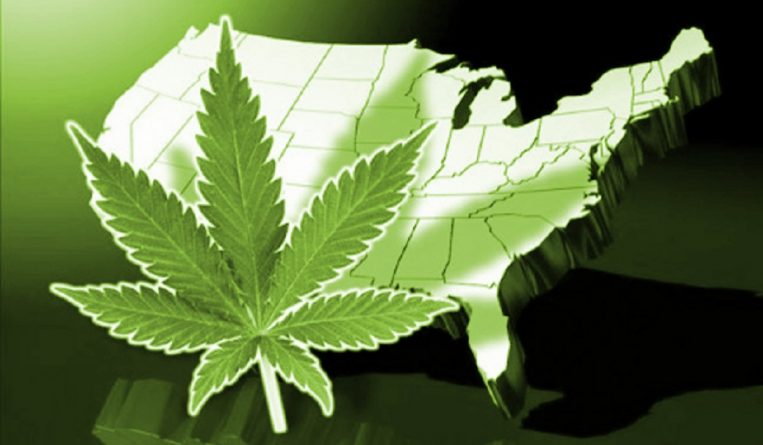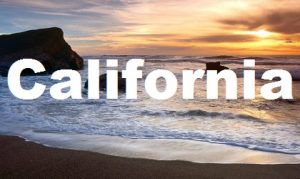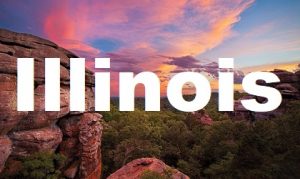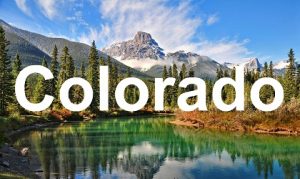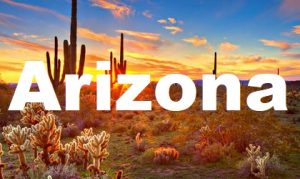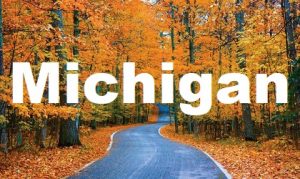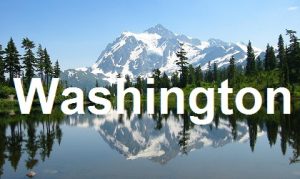Four more states OK recreational pot use
Almost unnoticed amid the outcome of a contentious Nov. 8 presidential election, voters in four states approved referendums legalizing recreational marijuana use, including those in the nation’s most populous state, California.
Voters in Nevada, Massachusetts and Maine also approved ballot measures calling for the decriminalization of the use of marijuana. Passage allows adults in these states, as well as those living in Colorado, Washington, Oregon, Alaska and Washington D.C. to legally obtain and use the plant for recreational purposes.
Voters in a fifth state, Arizona, narrowly defeated its marijuana legalization referendum, Prop. 205, with 51.32 % of voters rejecting the measure Election Day.
Here is a brief rundown on the results and what lies ahead for residents and businesses in these four states:
California
Prop. 64 garnered 56.53% of the vote, buoyed by a supporting campaign spending margin of 11-1 over the measure’s opponents, and backed by the endorsement of the state’s two largest newspapers.
Under the new measure, recreational use is permitted for adults aged 21 and older within a private home or in a business licensed for onsite consumption. Its use by and distribution to minors is prohibited, and for anyone in a public space or while driving. Its use is also prohibited at a school, day care center or youth center when children are present.
An individual can grow up to six plants and can possess up to 28.5 grams (1 ounce) of the plant, or 8 grams (0.28 ounces) in concentrated form. Businesses wishing to sell marijuana must apply for a license at the state’s Bureau of Medical Cannabis Regulation, now renamed the Bureau of Marijuana Control.
Individual cultivation and use of marijuana in California became legal Nov. 9. Sale of marijuana and taxation of these proceeds will begin Jan. 1.
The measure created two excise taxes on the plant, with revenues directed to the new California Marijuana Tax Fund to be used for a variety of related research, education and enforcement.
Nevada
Question 2, Nevada’s legalization measure, was approved with 54.47% of voters supporting it. Campaign spending in support of legalization outpaced spending to oppose it, $4.2 million to $3.5 million, while the state’s largest newspaper, the Las Vegas Review-Journal, opposed its passage.
Question 2 allows residents 21 and older to use it in a private residence possessing up to one ounce of marijuana or up to a an eighth of an ounce of it in concentrated form. Residents also can grow up to six plants, but must grow their plants in a locked area restricted from public view and cannot grow them if they live within a 25-mile radius of a marijuana dispensary.
Minors are prohibited from using it and distribution to minors is forbidden. Its use is prohibited as well by drivers and those in public places. The measure permits individual businesses to ban its use on its private property. According to Las Vegas Weekly, Nevada’s world-famous casinos will likely not allow marijuana use on their grounds any time soon as the still-existing federal ban could jeopardize casino owners’ ability to obtain licenses in other states and countries.
The Nevada Department of Taxation will oversee the distribution of licenses for merchants selling marijuana. For the first 18 months, the department will only accept applications for selling, cultivating and distributing marijuana from registered medical marijuana establishments. Additionally, registered wholesale liquor dealers can apply to distribute marijuana during this period. Additional rules prohibit dispensaries from being established near schools and similar child care facilities.
Revenues from the excise tax and licensing fees authorized by Question 2 will be dedicated to enforcement of the new regulations, with the remainder going to the State Distributive School Account.
All provisions of Question 2 will go into effect Jan. 1.
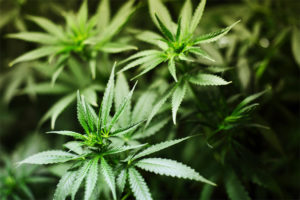
Massachusetts
Question 4 was approved with 53.57% voter support and all of its provisions will go into effect Dec. 15. The measure created a regulatory body called the Cannabis Control Commission to govern the legalization efforts, including the licensing of merchants.
Adults 21 and over can use marijuana in their homes, being able to possess up to 10 ounces and carry up to one ounce in public. Residents can grow up to six plants in their homes.
The new law does not change Massachusetts laws prohibiting its use while driving. It does grant local officials the authority to restrict its use in public buildings or near schools, as well as allowing businesses to bar its use on premises. However, landlords are specifically barred from prohibiting tenants from using marijuana in ways other than by smoking.
The measure also created a 3.75% tax on sales that is significantly smaller than those for California and Nevada, leading to the argument, appearing on the Massachusetts ballot, that revenues would not be enough to cover the cost of implementation.
Maine
Question 1 was passed by the slim margin of 50.26% voter support, a difference of about 4,000 votes out of nearly 760,000 cast. However, due to the closeness of the vote, the state recently decided to undertake a hand-count of the ballots. If the recount doesn’t reverse this result, the provisions of Question 1 are scheduled to take place 30 days after Gov. Paul LePage announces the official results.
As in California, campaign contributions in support of the measure outpaced contributions in opposition by more than a 10-to-1 ratio, though the state’s major dailies were split on backing it.
Assuming approval of Question 1, the law permits adults age 21 and over to possess up to 2.5 ounces of marijuana and grow up to six plants for personal use. Use on private property is allowed, but is prohibited in public places. Restrictions on its use would also apply in places were tobacco smoking also is banned.
The measure empowers the state Department of Agriculture, Conservation and Forestry to regulated and license merchants and growers. Local municipalities are empowered to grant approval to places where marijuana facilities are located
The bill creates a 10% sales tax on sales of marijuana and related paraphernalia.
Yet to be determined is how the incoming Trump Administration will regard the new state laws. Recreational marijuana use is still illegal under federal law, but the Obama Administration chose not to enforce them in states that legalized its use. That could change if the Justice Department under Trump decides to change this precedent.

